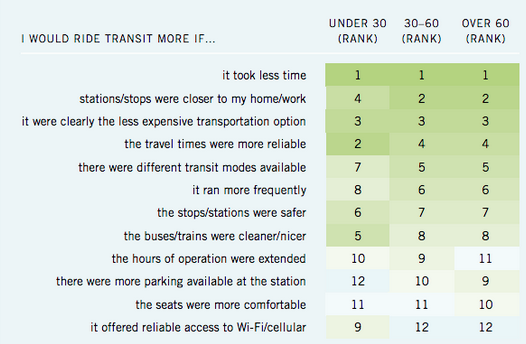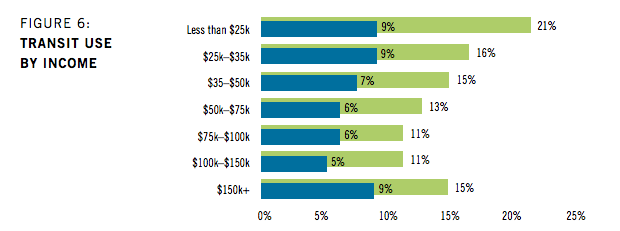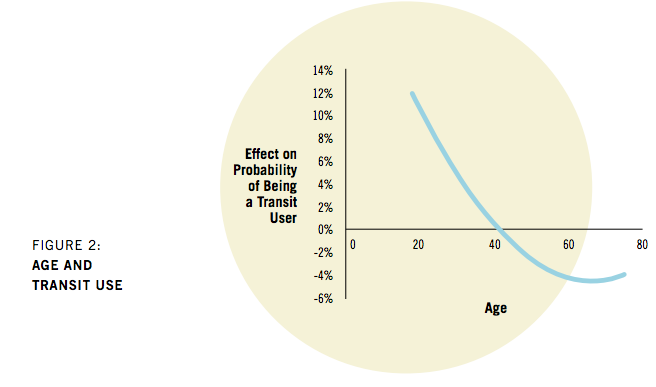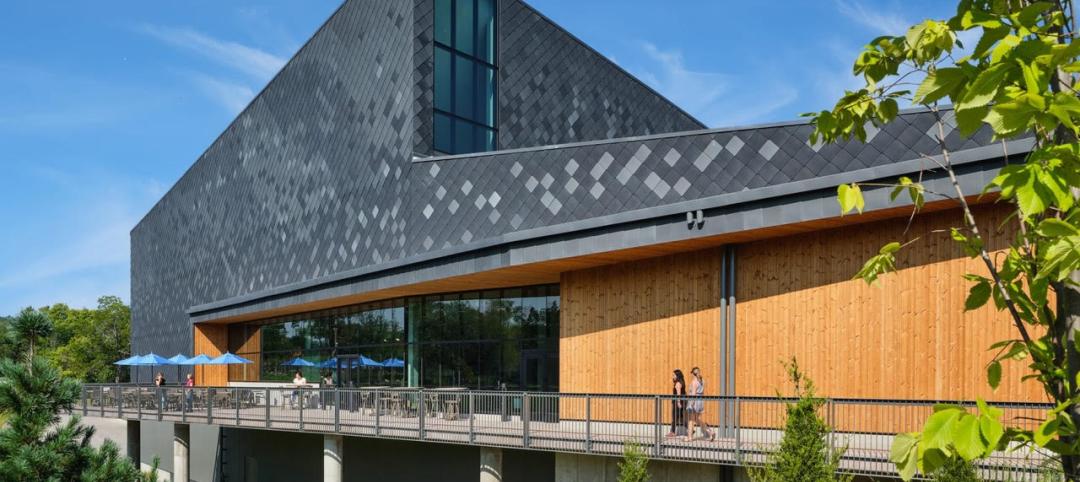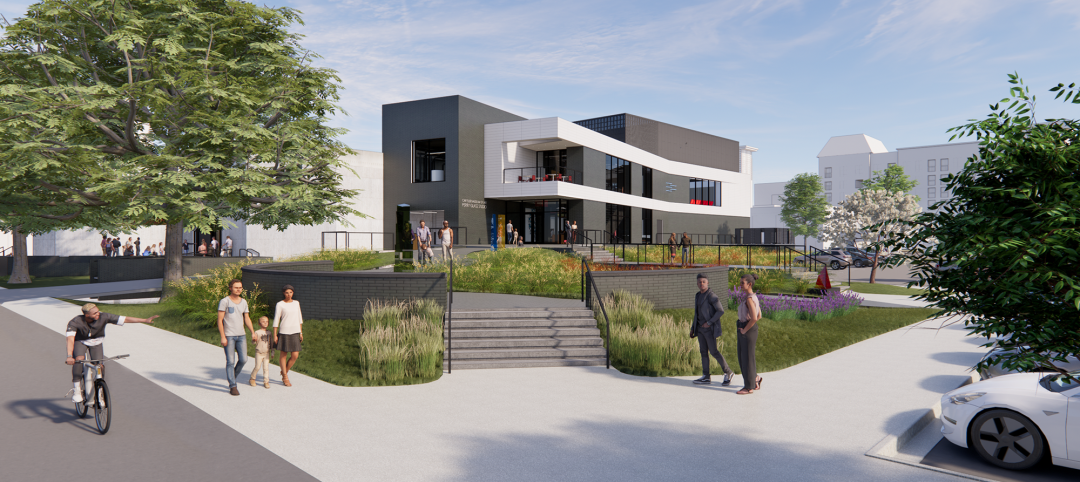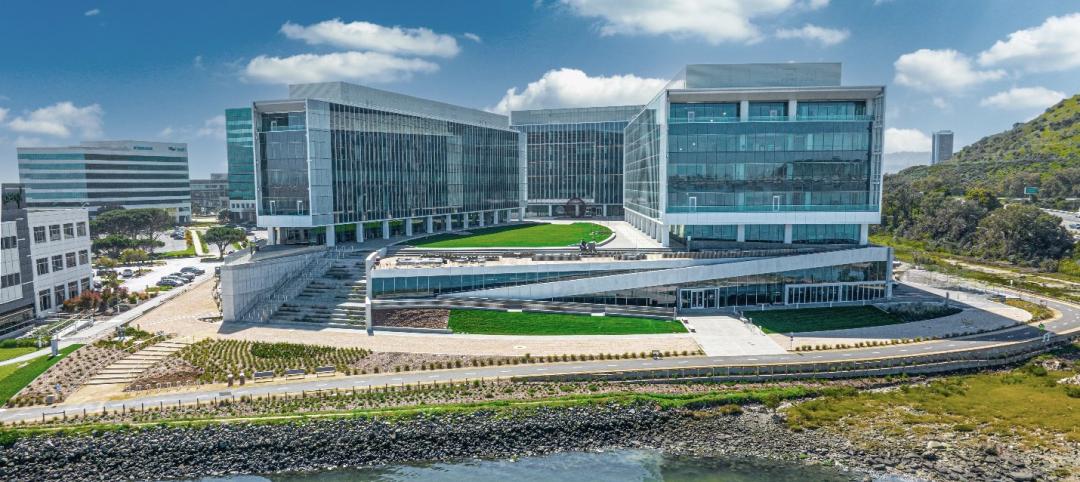A record 10.7 billion rides were taken on public transit in the United States last year. And a national survey of Americans finds that the speed, reliability, and cost, more than any other factors, determine people’s willingness and frequency of use.
The survey of 11,842 adults in 46 Metropolitan Statistical Areas, 60% of whom live in “transit progressive” cities, also found that far more Americans want to live in mixed-use, walkable communities than actually do.
“That’s significant news, not just for planners, but for the real estate industry as well,” wrote David Bragdon, executive director of TransitCenter, a New York-based public policy and advocacy organization, which conducted the poll.
Bragdon asserted that, unlike other public utilities, mass transit is “personal,” and that receptivity to using mass transit is highly dependent on riders’ relationships with it in such areas as efficiency, cleanliness, proximity to stations, and how quickly they get to their destinations.
TransitCenter concluded that transit use is, ultimately, attitudinal. But this inference is a little quirky. Baby boomers who grew up in an era of mass-transit expansion are now far more resistant to using these systems than Millennials who “embrace” mass transit, said the survey.
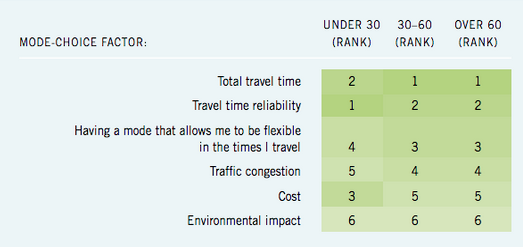
Graphs courtesy TransitCenter
If you’re an ethnic minority, you are more likely to be a transit rider. Nearly two-fifths of African-Americans polled use mass transit at least once a week, and 22% use it three or four times a week. More than 30% of Hispanics ride buses and trains once a week, and one-fifth use these modes three or four times weekly. In contrast, only 10% of whites ride mass transit weekly, and only 5% use these modes more frequently.
The survey also found correlations between usage and income: high-income Americans are not big riders.
Some perceptions about transit use get debunked: for example, just because you’re a parent doesn’t mean you use transit systems less, although the survey found that parents aged 30 or younger are more positively inclined towards mass transit than older parents.
Students are frequent riders, but higher education is not much of a determining factor about who uses transit systems. That being said, a neighborhood’s employment rate certainly has a positive impact on rider frequency, and the survey found that employees are using transit benefits when their employers offer them.
The top predictor of use, according to the survey, is what kind of neighborhood the person lives in. While most respondents don’t seem to be clamoring to move back into their cities’ core, “many Americans are looking for something different” from their current living environments, Bragdon said. TransitCenter, in fact, sees “widespread demand” for walkable communities, even though most of the respondents aren’t living in these currently.
Related Stories
Cultural Facilities | Mar 27, 2024
Kansas City’s new Sobela Ocean Aquarium home to nearly 8,000 animals in 34 habitats
Kansas City’s new Sobela Ocean Aquarium is a world-class facility home to nearly 8,000 animals in 34 habitats ranging from small tanks to a giant 400,000-gallon shark tank.
Market Data | Mar 26, 2024
Architecture firm billings see modest easing in February
Architecture firm billings continued to decline in February, with an AIA/Deltek Architecture Billings Index (ABI) score of 49.5 for the month. However, February’s score marks the most modest easing in billings since July 2023 and suggests that the recent slowdown may be receding.
Cultural Facilities | Mar 26, 2024
Renovation restores century-old Brooklyn Paramount Theater to its original use
The renovation of the iconic Brooklyn Paramount Theater restored the building to its original purpose as a movie theater and music performance venue. Long Island University had acquired the venue in the 1960s and repurposed it as the school’s basketball court.
Adaptive Reuse | Mar 26, 2024
Adaptive Reuse Scorecard released to help developers assess project viability
Lamar Johnson Collaborative announced the debut of the firm’s Adaptive Reuse Scorecard, a proprietary methodology to quickly analyze the viability of converting buildings to other uses.
Security and Life Safety | Mar 26, 2024
Safeguarding our schools: Strategies to protect students and keep campuses safe
HMC Architects' PreK-12 Principal in Charge, Sherry Sajadpour, shares insights from school security experts and advisors on PreK-12 design strategies.
Green | Mar 25, 2024
Zero-carbon multifamily development designed for transactive energy
Living EmPower House, which is set to be the first zero-carbon, replicable, and equitable multifamily development designed for transactive energy, recently was awarded a $9 million Next EPIC Grant Construction Loan from the State of California.
Museums | Mar 25, 2024
Chrysler Museum of Art’s newly expanded Perry Glass Studio will display the art of glassmaking
In Norfolk, Va., the Chrysler Museum of Art’s Perry Glass Studio, an educational facility for glassmaking, will open a new addition in May. That will be followed by a renovation of the existing building scheduled for completion in December.
Sustainability | Mar 21, 2024
World’s first TRUE-certified building project completed in California
GENESIS Marina, an expansive laboratory and office campus in Brisbane, Calif., is the world’s first Total Resource Use and Efficiency (TRUE)-certified construction endeavor. The certification recognizes projects that achieve outstanding levels of resource efficiency through waste reduction, reuse, and recycling practices.
Office Buildings | Mar 21, 2024
Corporate carbon reduction pledges will have big impact on office market
Corporate carbon reduction commitments will have a significant impact on office leasing over the next few years. Businesses that have pledged to reduce their organization’s impact on climate change must ensure their next lease allows them to show material progress on their goals, according to a report by JLL.



